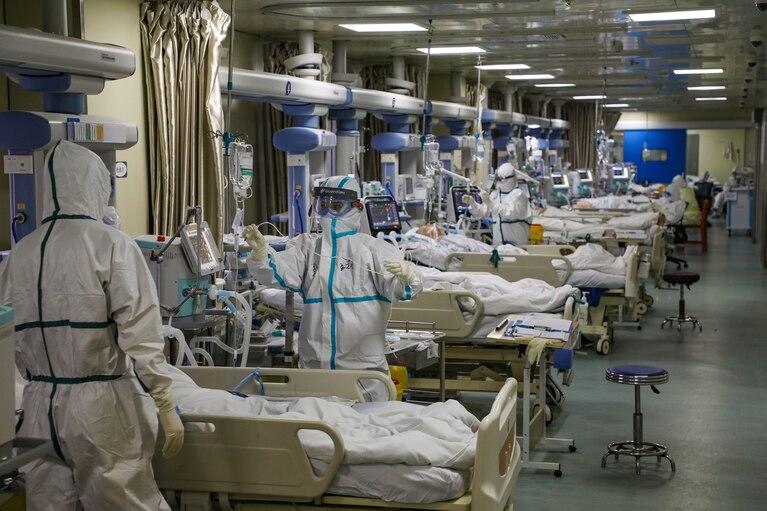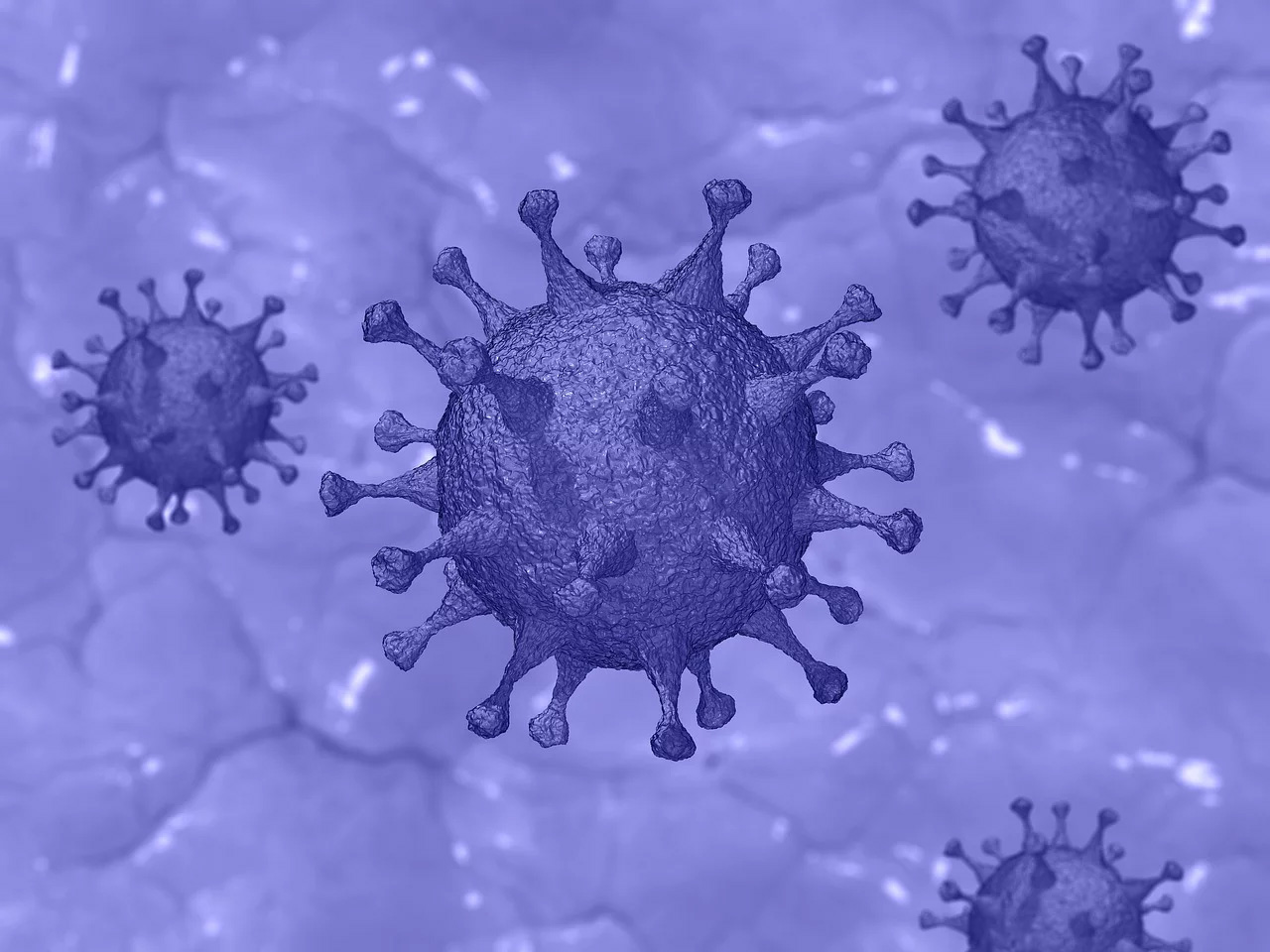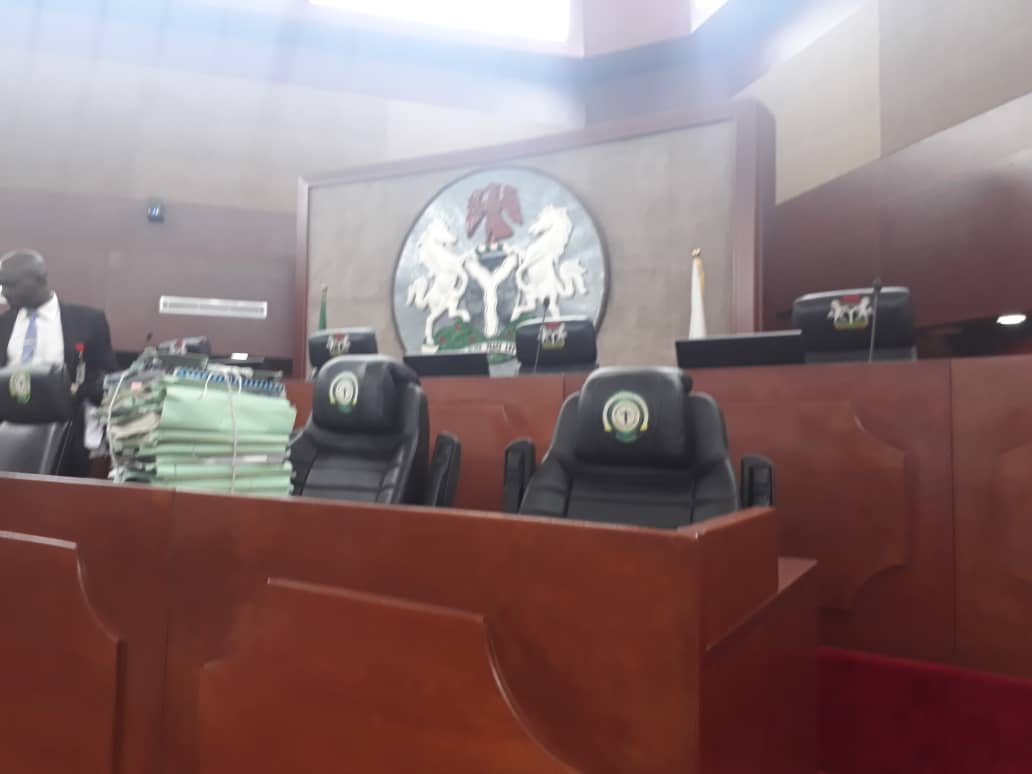BY IFENNA ILECHUKWU
Plastic wastes generated from our over-dependence on plastic products pose significant threats to environmental and human health. Currently, plastic particles less than 5 mm in size otherwise known as microplastics have the attention of environmental and health policymakers due to the obvious harm they cause to humans and the environment. These microplastic particles especially the secondary microplastics break out from large plastic materials as a result of diverse environmental processes.
The COVID-19 pandemic has introduced a new kind of plastic wastes in the environment. These are wastes generated from the management of COVID-19 outbreak. They include used face masks and hand gloves, empty hand sanitizer containers and other plastic materials generated as a result of bulk-buying in cities and states across the country. This pandemic has led to a massive production and use of face masks and hand gloves in a scale that has never been seen before. Why should we properly manage these wastes?
Our research recently reported the occurrence of microplastics in Nigerian beaches. It is therefore necessary to ensure that COVID-19 wastes are appropriately managed so they do not end up in our waterways and water bodies. Plastic materials such as hand gloves and face masks hitherto restricted to use in health institutions and laboratories are now adorned by members of the public, drivers, shoppers, local traders, pastors and workers in supermarkets, banks and cash centers. In some cases, they are scarce due to high demand by the populace. In states such as Cross River, residents are not allowed outside their homes without face masks and some go as far as wearing hand gloves.
Advertisement
None of the COVID-19 advisories deals with the management of these new kinds of wastes especially now that majority of them escape the strict protocol required to handle them in our hospitals. Interestingly, waste management was not categorised as essential duty as they were not exempted in President Buhari’s speech ordering lockdown of Nigeria’s capital Abuja, Lagos and Ogun State.
The risks from poor management of these wastes include re-infection, transmission of diseases, introduction into water bodies, clogging of water channels; our cities are prone to flooding during rains and of course disintegration into microplastics. Therefore, what is the way forward?
Waste collectors should be categorised as staff on essential duty to enable them collect these wastes so they do not accumulate in wastes collection points. It is important they do this with the requisite personal protective equipment (PPE) to avoid infection by COVID-19 or any other pathogen. Scavengers of recyclables in landfill sites should be made to wear appropriate PPE if they cannot avoid scavenging during this pandemic. It is imperative to enlighten waste collectors, waste managers and the public on the need to properly dispose these “COVID-19 wastes”. They should be sorted and categorized in our homes, workplaces and other points of use as medical wastes even if they were not used in hospitals and health centers. Finally, countries like the United States have succeeded in mass decontamination of face masks for re-use. Production of reusable forms of these products should be encouraged to replace the single-use ones. Ultimately, this will prolong their life span; reduce the rate of disposal and subsequent disintegration into microplastics.
Advertisement
Ilechukwu is a lecturer of environmental chemistry at Madonna University, Anambra
Views expressed by contributors are strictly personal and not of TheCable.
1 comments







This article tries to nudge us back into reality of preserving our environment and health in our race to survive the Covid-19 pandemic. Govt bodies should also consider the suggestions towards classifying waste management as essential so as to create the necessary platform for effective waste collection, disposal or recycling.